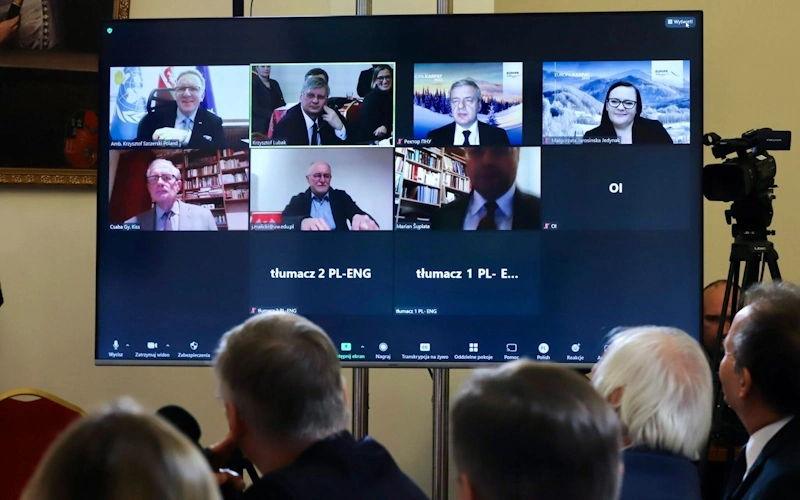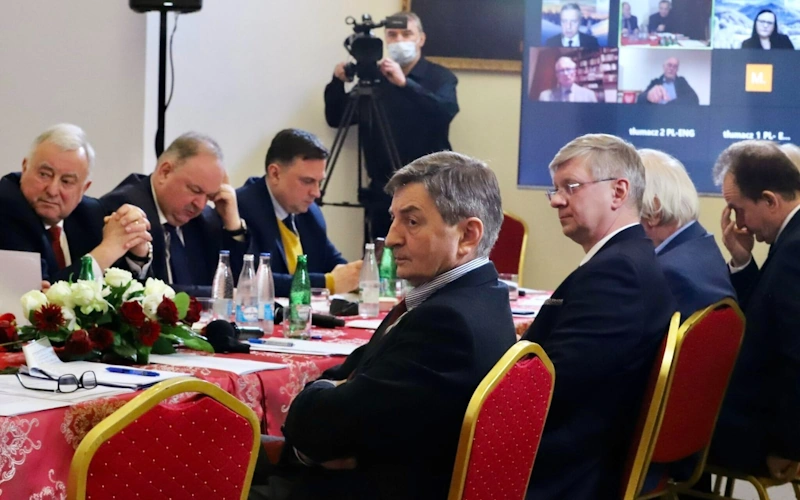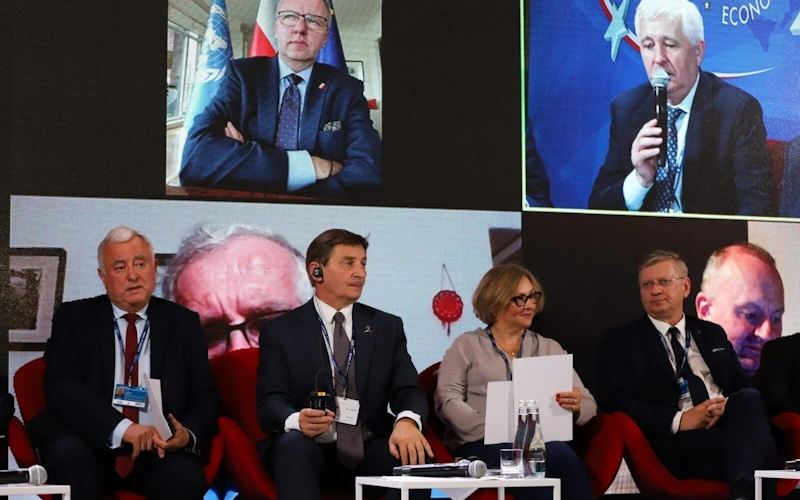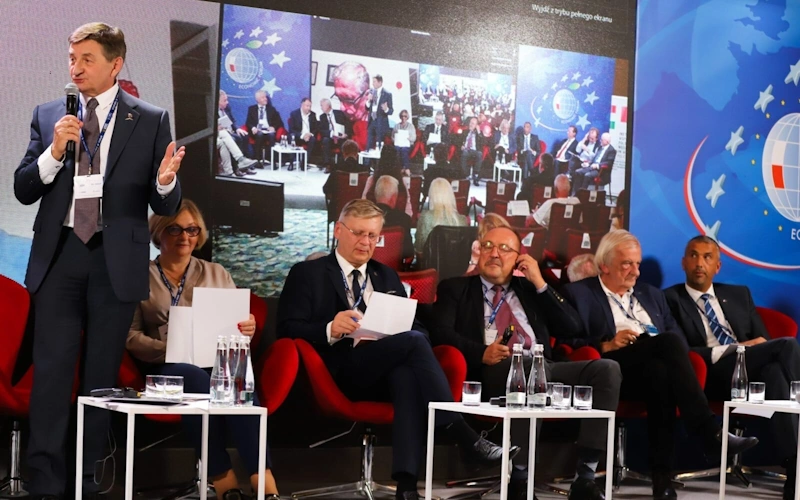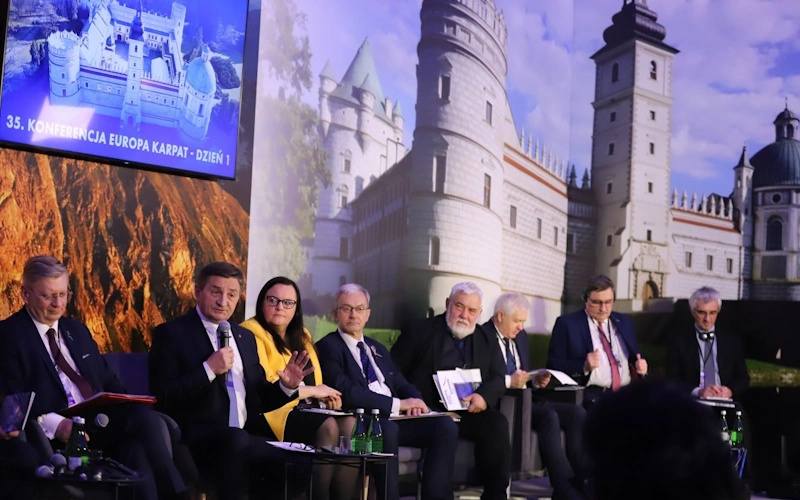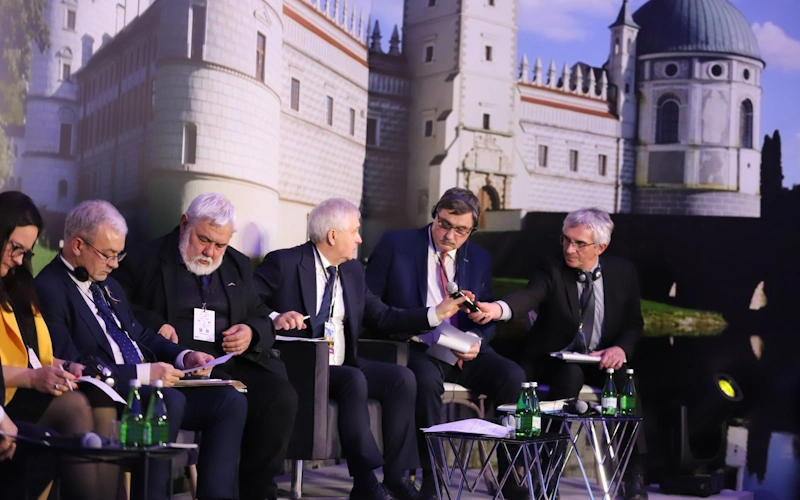Europe of the Carpathians Clubs
Europe of the 21st century – a time of the triumph of democracy and the free market economy. And at the same time, a time of increasing role of social engineering, fettering individual freedoms, when both state and supranational forms of activity are becoming less and less comprehensible to the citizen. Culture in the broadest sense, as well as economics, seems to be separated by an increasing distance from human experience and language. In this world, the states and peoples of the Carpathian Europe are distinguished by their positive attitude to Christian values and natural law; their attachment to the inherent dignity of man, the principles of democracy, freedom of expression and opinion, the importance of partnership dialogue in international life.
We are characterized by the conviction that it is precisely in the conditions of globalization and international competition that greater opportunities and possibilities open up to those who base their actions on national cultures and communities. In these unquantifiable but powerful as mountains resources, which are often even the key motivating factor for action, to go one step further, one step higher. On the conceptual map, the word “club” connotes a place where hunger and thirst can be satisfied; a meeting point; a confraternity of people looking in the same direction, but not necessarily sharing the same views.
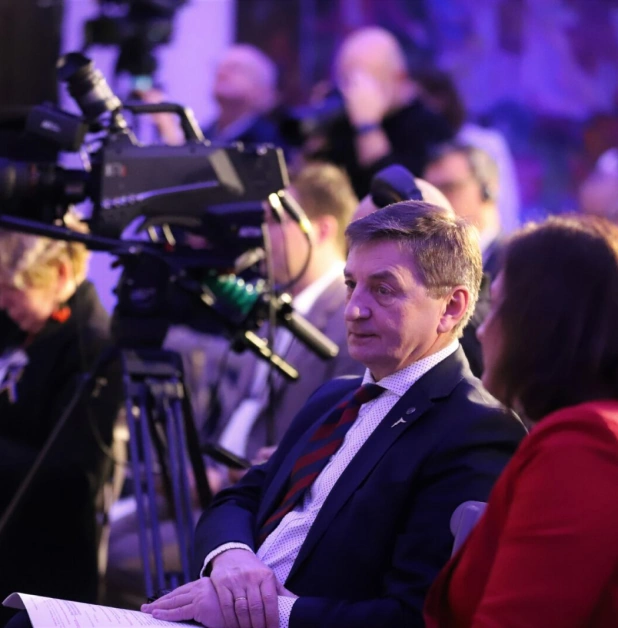
The club is also a place for the exchange of arguments, discussions leading to a common position or helping to identify existing differences in order to build a path that reconciles differences of interest.
Nevertheless, it is important that real discussion clubs are governed by strict rules known since ancient times, such as petito principii – don’t take as a premise what is yet to be proven, or ad populum – don’t assert that since a thesis is widely accepted, it must be true. “First of all, one must know what one is talking about, or the whole discussion is for naught”, Plato already noted – and this principle, too, has guided the “Europe of the Carpathians” conferences that have been organized for two decades,
the creative development of which are the Europe of the Carpathians clubs. If it is at least a little true to say that Western culture has a chance of survival in the modern world only if it puts aside its arrogance (and at the same time gains self-confidence), then the Europe of the Carpathians clubs are created to play the role of salt of the earth and at the same time ashes of wisdom on the Vistula, Vltava, Dnieper, Danube and wherever people live who are lucky enough to commune with landscapes, nature and culture whose beauty is difficult to describe in words.
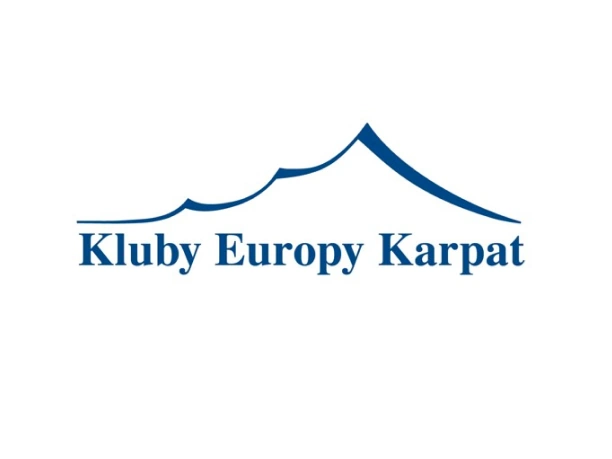
THE PURPOSE OF THE ASSOCIATION IS::
- to inspire the development and cooperation of the countries and cities of the Carpathian region,
- the development of economic, scientific, cultural and political cooperation of the countries of the Carpathian region,
- to promote culture in its broadest sense in a regional, supra-regional and international sense,
- to strengthen the attractiveness of the Carpathian region, based on natural, cultural heritage and tourism development,
- to shape and promote the common historical heritage of the countries of the Carpathian region,
- the promotion and implementation of joint initiatives of the countries and cities of the Carpathian region
The activities of the Europe of the Carpathians Clubs and the Association are united by a community of ideas and programmes, expressed in the programme documents of the Association’s Programme Council.
The Association will pursue its goals, particularly through:
- scientific and expert activity;
- educational, informational, publishing and journalistic activities;
- execution of projects;
- participation in co-creating foreign policy;
- organizing seminars, training courses and debates to gather and exchange information and promote the ideas developed by the Association;
- organizing conferences in the fields of science and humanities, economics, natural science and tourism;
- organizing publishing companies , cultural and sport events, exhibitions, festivals, camps, rallies, tournaments, initiating cooperation between schools, cultural institutions, informational and educational activities;
- preparing reports on foreign affairs and presenting programmes and strategies for running foreign policy by Poland;
- cooperation with non-governmental organizations, local and government authorities in achieving the Association’s goals;
- running training and scholarship programmes for selected social groups, school and university students, volunteers and specialists from various fields.
